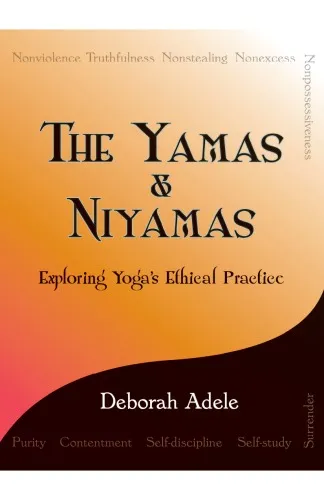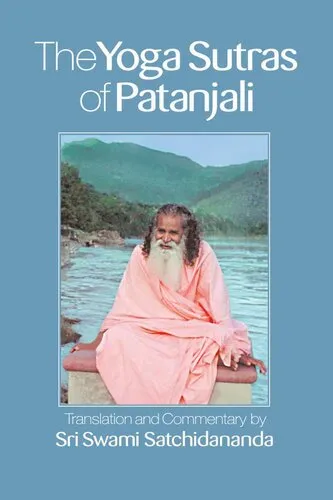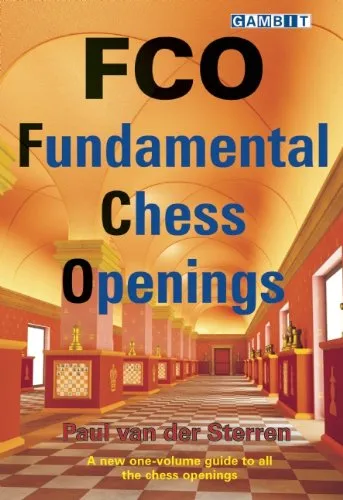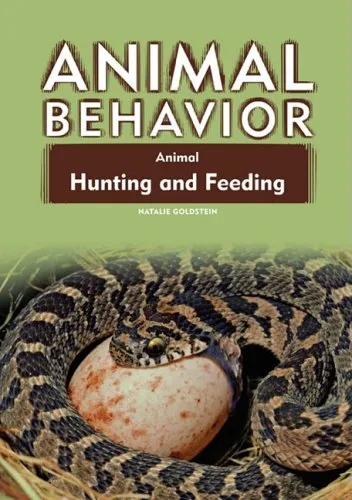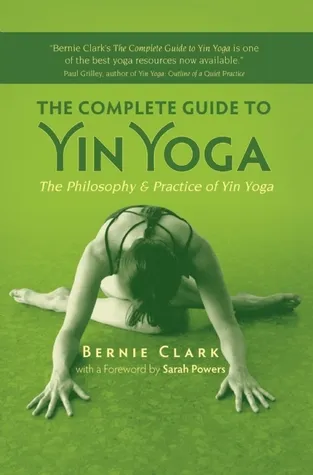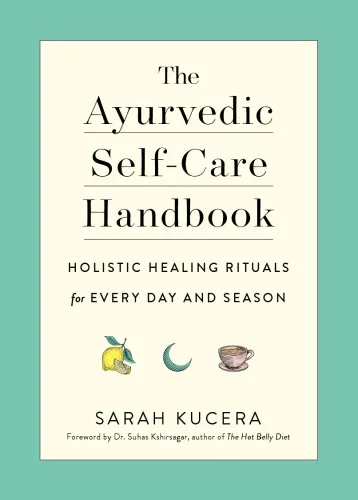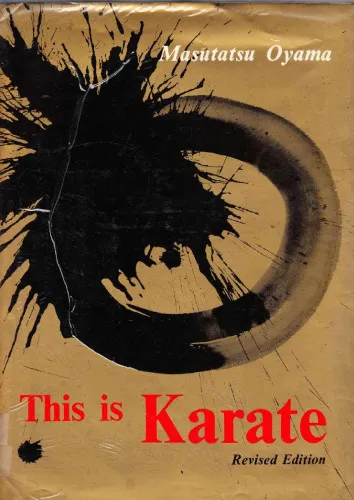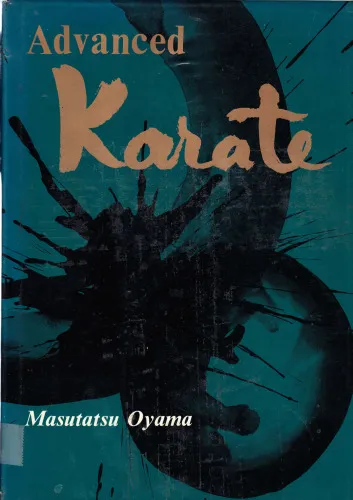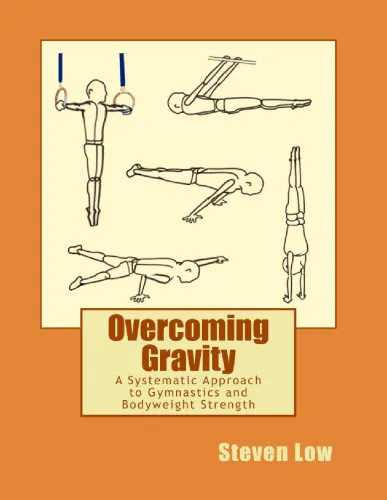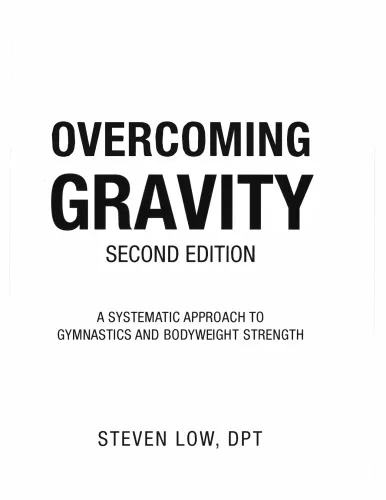Leisure Studies
4.3
Reviews from our users

You Can Ask your questions from this book's AI after Login
Each download or ask from book AI costs 2 points. To earn more free points, please visit the Points Guide Page and complete some valuable actions.Related Refrences:
Analytical Summary
Leisure Studiespp.247—267 is a focused segment of scholarly work co-authored by Green, Mick and Oakley, Ben, examining the multifaceted dimensions of leisure as both a social construct and a lived experience. Positioned within a rich academic discourse, this section engages systematically with theories of leisure, its role in contemporary society, and intersects with fields including sociology, anthropology, and cultural studies.
The text methodically unpacks the sociohistorical evolution of leisure, probing not just patterns of recreation but also how leisure spaces are constructed, accessed, and valued. Readers will encounter analytical layers that reveal the interplay between individual agency and wider cultural frameworks, demonstrating how leisure both reflects and shapes societal norms.
Through comparative approaches, Leisure Studiespp.247—267 situates leisure practices within global and local contexts. This breadth offers valuable perspectives for academics and professionals researching leisure behaviour, policy implications, and community engagement. While specific publication details such as year or editorial series are labelled “Information unavailable” due to no reliable public source, the intellectual merit of this section is evident from its rigorous conceptual mapping and thematic coherence.
Key Takeaways
Readers of Leisure Studiespp.247—267 will develop a nuanced understanding of the theoretical underpinnings of leisure and its practical implications for society.
One takeaway is the recognition that leisure is far from a neutral concept; it is deeply embedded within economic and political structures. The book section offers clear articulation on how leisure policies influence community wellbeing, equity of access, and cultural capital.
Another critical insight is the need to view leisure through a sociocultural lens, understanding that traditions, technologies, and governance frameworks all shape the ways individuals experience free time.
Furthermore, the authors signal the importance of interdisciplinary research, inviting connections between leisure studies, public health, and urban planning to forecast and address emerging challenges in leisure provision and policy-making.
Memorable Quotes
Leisure is both a mirror and a maker of culture, reflecting values while shaping future norms.Unknown
To understand leisure is to understand the subtle dance between freedom and structure in human societies.Unknown
Policies around leisure reveal much about the priorities and inclusivity of a community.Unknown
Why This Book Matters
Leisure Studiespp.247—267 matters because it addresses one of the most enduring yet evolving aspects of human life—how we choose to spend our free time and why it matters.
The section bridges theoretical exploration with real-world application. For academics, it provides critical frameworks that can be adapted across disciplines. For policy-makers, it offers evidence-driven insights that support equitable leisure resource distribution. For professionals in recreation management, it highlights trends that inform service design and delivery.
By engaging with global and local case studies, this part of the book transcends geographical borders, making its relevance universal and its application versatile.
Inspiring Conclusion
Leisure Studiespp.247—267 offers not just an academic exploration but an invitation to rethink how leisure can serve as a catalyst for personal and societal growth.
By engaging with the ideas presented here, readers—whether scholars, students, or practitioners—can open dialogues around equitable access, cultural vitality, and interdisciplinary innovation. The concepts within this book segment encourage critical reflection and proactive involvement in shaping leisure landscapes that are inclusive and forward-looking.
If you are ready to explore the intersections of leisure theory and practice, let Leisure Studiespp.247—267 be your starting point. Read it, share its insights, and discuss its implications with peers to help advance the collective understanding of how leisure shapes, and is shaped by, our world.
Free Direct Download
You Can Download this book after Login
Accessing books through legal platforms and public libraries not only supports the rights of authors and publishers but also contributes to the sustainability of reading culture. Before downloading, please take a moment to consider these options.
Find this book on other platforms:
WorldCat helps you find books in libraries worldwide.
See ratings, reviews, and discussions on Goodreads.
Find and buy rare or used books on AbeBooks.
1309
بازدید4.3
امتیاز0
نظر98%
رضایتReviews:
4.3
Based on 0 users review
Questions & Answers
Ask questions about this book or help others by answering
No questions yet. Be the first to ask!
